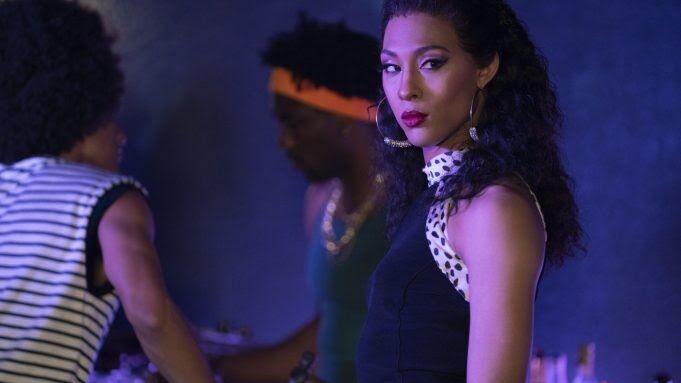Cancellation of FX’s “Pose” leaves void in the representation of trans identities of color
March 17, 2021
Earlier this month, it was announced that the groundbreaking FX show “Pose,” which showcased trans actors of color like Mj Rodriguez, who plays as Blanca Rodriguez-Evangelista, would be canceled after its upcoming third season.
Many shared disappointing and heartwarming reactions to the news of the Emmy-nominated show being canceled, including its cast and crew members.
“[I] didn’t know then that my life would be forever enriched,” tweeted Janet Mock, a director of “Pose.” “I am so grateful for the 25 episodes we made together, as a family.”
“Pose,” which originally aired in 2018, became a groundbreaking example of progression in mainstream media. The influential show displayed a positive representation of the intersection of identities of color and the LGBTQ+ spectrum.
“I was honestly shocked and a bit disappointed when I heard that ‘Pose’ was being canceled,” said Paige Olberding, a first-year graduate student at Kent State. “It impacted me in a way that I never realized until now.”
The series was notable for being mainly composed of trans Black and Latinx characters and crew. It followed New York City’s ball culture scene in the 1980s, coinciding with the height of the AIDs epidemic, proving to be an educational resource.
“There was a glimmer of hope of having Black trans actors and actresses in the spotlight, playing themselves authentically,” said Matthew Fowler, a senior public health major.
Through the lens of the show’s protagonists in the House Evangelista, “Pose” provided a better outlet for voices of marginalized identities.
“I think the show impacted people in different ways,” said Katie Mattise, director of Diversity and Inclusion. “For me, as a white genderqueer person, it gave me an insight into the history of the AIDs epidemic and insight into ballroom culture and how queer and trans people of color created these spaces for community and family.”
The show left a resounding mark on its viewers. It connected with those in the LGBTQ+ community and shined a light on identities that rarely get an opportunity to shine in mainstream media.
“It’s super frustrating,” Fowler said. “For what it was worth, it was so monumental compared to anything else that was on the air.”
Cameron Aloway covers diversity. Contact him at [email protected].












